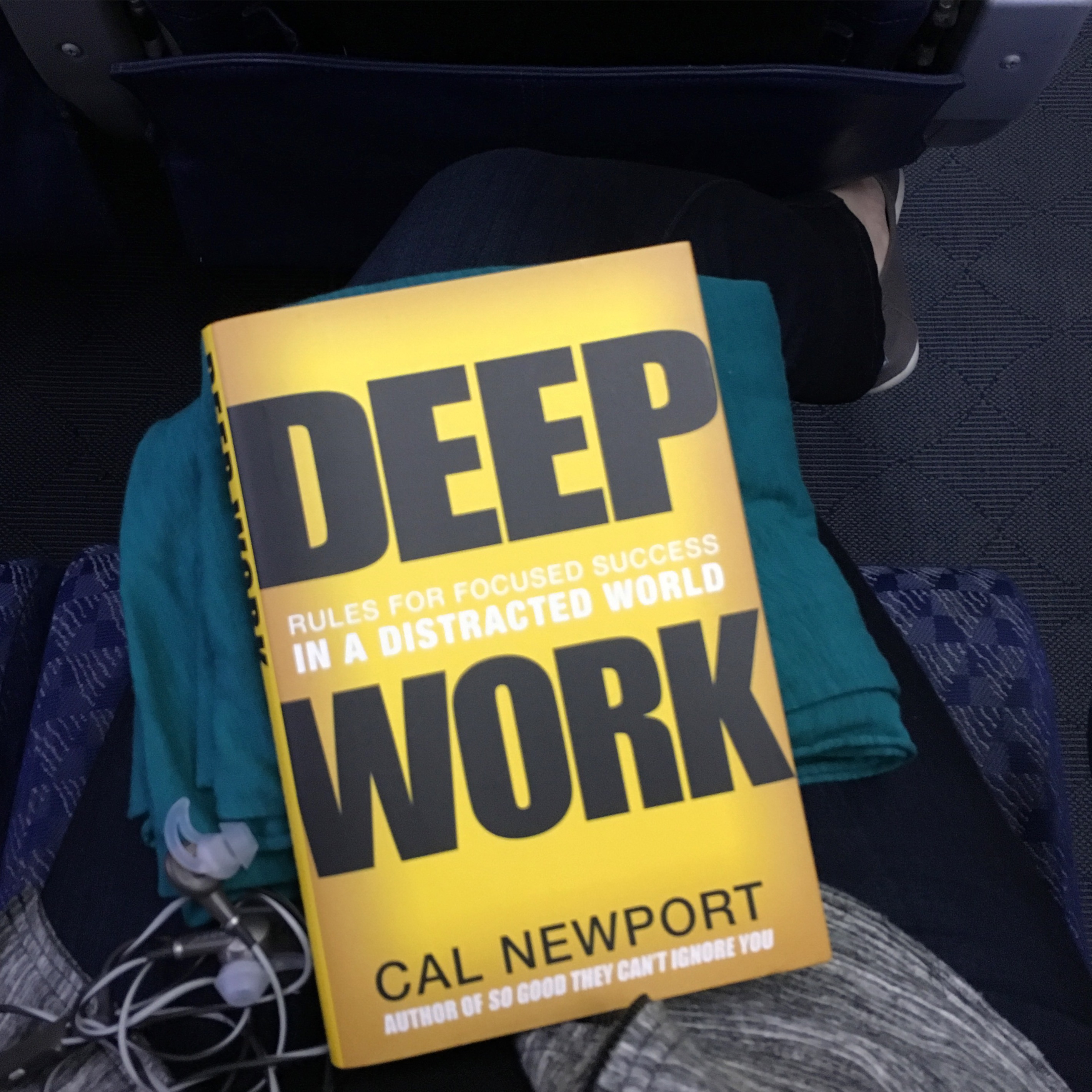
“Without sovereignty over our time, it’s nearly impossible to have autonomy over our lives.” – Daniel Pink
I recently finished reading Drive: The Surprising Truth About What Motivates Us(*), by Daniel H. Pink, and I couldn’t recommend it more highly! It’s a well written, entertaining book about a new theory of motivation based largely on autonomy. It’s the kind of book that will truly changed how you think.
Overview
Drive demonstrates that carrots and sticks merely create compliance while autonomy, mastery, and purpose create engagement. The statistics showing the lack of engagement of American workers are staggering. This benefits no one – not the American economy, not companies, not executives, and most of all not the employees.
Here is Dan’s Twitter-sized Summary of Drive: “Carrots & sticks are so last century. Drive says for 21st century work, we need to upgrade to autonomy, mastery, and purpose.”
I’m sure you can look back to your own work or educational experiences to remember a time where you were required to comply under circumstances where the when, where, and how of the job or project were determined for you without regard for any other factors. How did it feel at the time? What are your enduring memories of it? How was your level of engagement?
The carrot and stick approach to motivation is still amazingly ingrained in our psyches even despite our own personal experiences and beliefs that there’s more to our work than money. Hearing that the scientific evidence shows that this approach actually does more harm in most situations that it does good, especially “when the task call[s] for even rudimentary cognitive skill” (emphasis mine) was paradigm shifting for me. In the book, Dan outlines specific examples establishing each of the following, which he calls the 7 deadly flaws with carrots & sticks:
- “They can extinguish intrinsic motivation
- They can diminish performance
- They can crush creativity
- They can crowd out good behavior
- They can encourage cheating, shortcuts, and unethical behavior
- They can become addictive
- They can foster short term thinking”
Underlying Premises Exposed
It becomes crystal clear after reading about the scientific studies Dan cites that the business world has gotten the science of motivation dead wrong, but why? The underlying premises for supporting the extensive use of carrot and stick incentives must be
- The belief that an employee won’t work effectively and efficiently unless the method is dictated and he is rewarded to work or punished for not working, and
- The belief that rewards and punishments will always work.
In other word, a person’s default state is passive and unengaged, and human beings can be endlessly manipulated to achieve a result (a.k.a everyone has a price). These are pretty glum assessments of human character, and setting such low expectations for employees only serves to reinforce their behavior. Autonomy requires trust and high regard for your employee’s character.
Instead, managers sacrifice long term engagement and motivation through autonomy short term compliance by resorting to using supremely uncreative carrot and stick approach to managing employees.
Motivation Applied
I heard Dan speak recently and he said that his goal is to write books that answer big questions, but that also help people act on the information in their own lives. Many people write big, important books, but without applying the information to situations in the real world, it’s just academic. Dan dedicated the last section of the book to applying this information in both a business and a personal context. He calls it ‘The Type I Toolkit.’ It’s a great first step and toward moving his ideas from theory to practice.
Once you see motivation and incentives through this lens, it’s hard not to see issues ripe for change popping up through work and everyday life. Below are a few of my recent streams-of-thought:
- I wonder whether the traditional incentive structure of most sales or professional services organizations (base pay with commission) really encourages increased sales performance? Or does that incentive only influence a portion of a sales force?
- I also think that how an individual executive comes down on these underlying premises will undoubtedly influence the way they do business, the projects they champion, and their ability to step up and take meaningful business risks (since risk require a certain amount of trust). Positioning an organization for change toward a more autonomous workforce (and greater productivity) would have to address these underlying premises explicitly since carrots and sticks are such ingrained modes of motivation.
- It’s also made me look back to think about situations where I may have felt less motivation for an activity specifically because it’s been the subject of an if-then reward.
- Distilling your purpose and contribution to the world down to one sentence is really hard, but that’s the point. I don’t have my sentence yet!?#! Check out Dan’s blog post called Two Simple Questions that Can Change Your Life in 2010 and watch the video to see what I mean!
Also, if Dan is heading to your part of the country on his book tour, I highly recommend that you go see him speak. Not surprisingly, he’s a passionate and engaged speaker, but he’s also very funny and a truly great storyteller!
I’d love to hear your thoughts on this post… It’s a little different than our usual fare!
Also, tell us what motivates you? Let us know your sentence if you’re up for sharing it.
*Above link is an Amazon Affiliate link. If you choose to buy the book via this link, I may make a few bucks!
